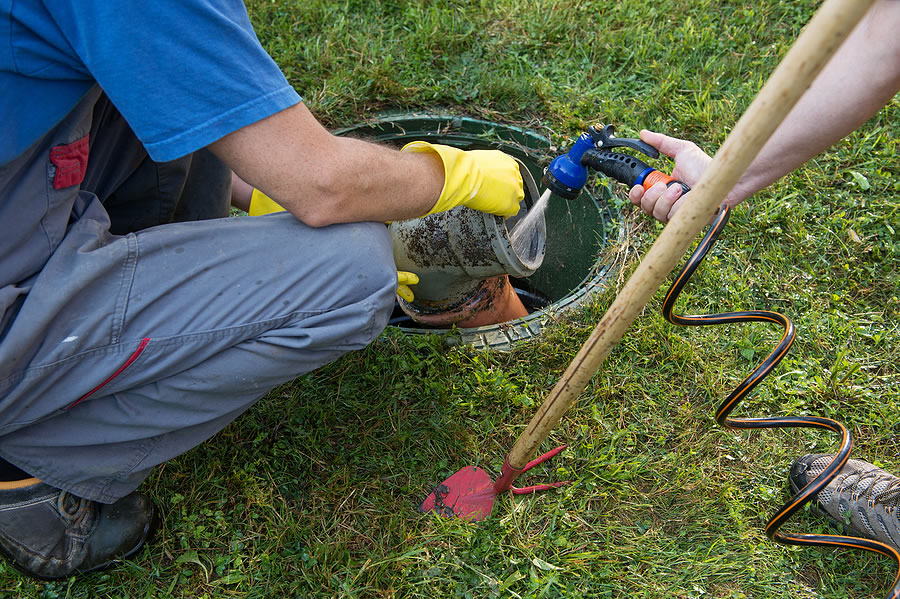
Septic tanks are essential components of residential and commercial properties that efficiently handle wastewater. However, like any other system, septic tanks are susceptible to various issues that can lead to costly repairs and inconveniences for homeowners. Here are five common causes as to why a septic tank can cause problems.
One of the primary reasons for septic tank problems is neglecting regular pumping. Over time, solid waste and sludge accumulate in the tank, reducing its effective capacity and clogging the drainage system. Neglecting septic tank pumping at recommended intervals leads to overloading, which can cause the tank to overflow, back up into the property, and result in foul odors.
To prevent such issues, homeowners must schedule septic tank pumping every three to five years, depending on the tank's size and household usage. By doing so, they ensure that the tank remains in optimal condition and prolongs its lifespan.
Another common cause of septic tank problems arises from using harsh chemicals and non-biodegradable materials that disrupt the tank's natural decomposition process. Chemical drain cleaners and excessive use of antibacterial soaps kill the beneficial bacteria responsible for breaking down waste, reducing the tank's efficiency.
Similarly, flushing non-biodegradable items, such as sanitary products, diapers, and paper towels, down the toilet, can lead to clogs and blockages in the septic system. It is crucial to educate homeowners about the proper disposal of waste and encourage the use of septic-safe products to maintain a healthy septic tank.
Procrastination when it comes to septic tank repair is another contributing factor to septic tank problems. Ignoring signs of trouble, such as slow-draining sinks, gurgling toilets, or foul odors, can worsen the issue and lead to more significant damage.
Regular inspections by qualified septic companies can help detect minor problems early on, preventing costly repairs or replacements. Timely repair of broken pipes, damaged baffles, or worn-out components ensures the septic system operates smoothly and efficiently.
A poorly installed septic tank is a recipe for disaster. Inadequate septic tank installation can lead to leaks, improper settling, and structural damage to the tank, causing a multitude of problems over time. Hiring an experienced and licensed septic company for the installation is crucial to avoid these issues.
The septic tank should be placed in an appropriate location, taking into account factors such as soil type, groundwater levels, and distance from buildings or water sources. Additionally, proper backfilling and compaction are essential to ensure the tank remains stable and functions optimally.
Excessive water usage can overwhelm the septic system, leading to septic tank problems. Consistently high water flow, often caused by leaky faucets, running toilets, or inefficient appliances, puts extra strain on the tank's capacity and can result in backups and foul odors.
Educating homeowners about water conservation and fixing leaks promptly can help reduce the strain on the septic system. Installing water-efficient fixtures and spreading water usage throughout the day can also aid in maintaining a healthy septic tank.
Proper maintenance and vigilance are key to avoiding common septic tank problems. Regular septic tank pumping, responsible waste disposal, timely repairs, appropriate installation, and water conservation are vital steps in preserving the longevity and functionality of the septic system. By partnering with Rooter Septic Services for these services, homeowners can ensure their septic tanks operate smoothly and avoid costly problems down the road.